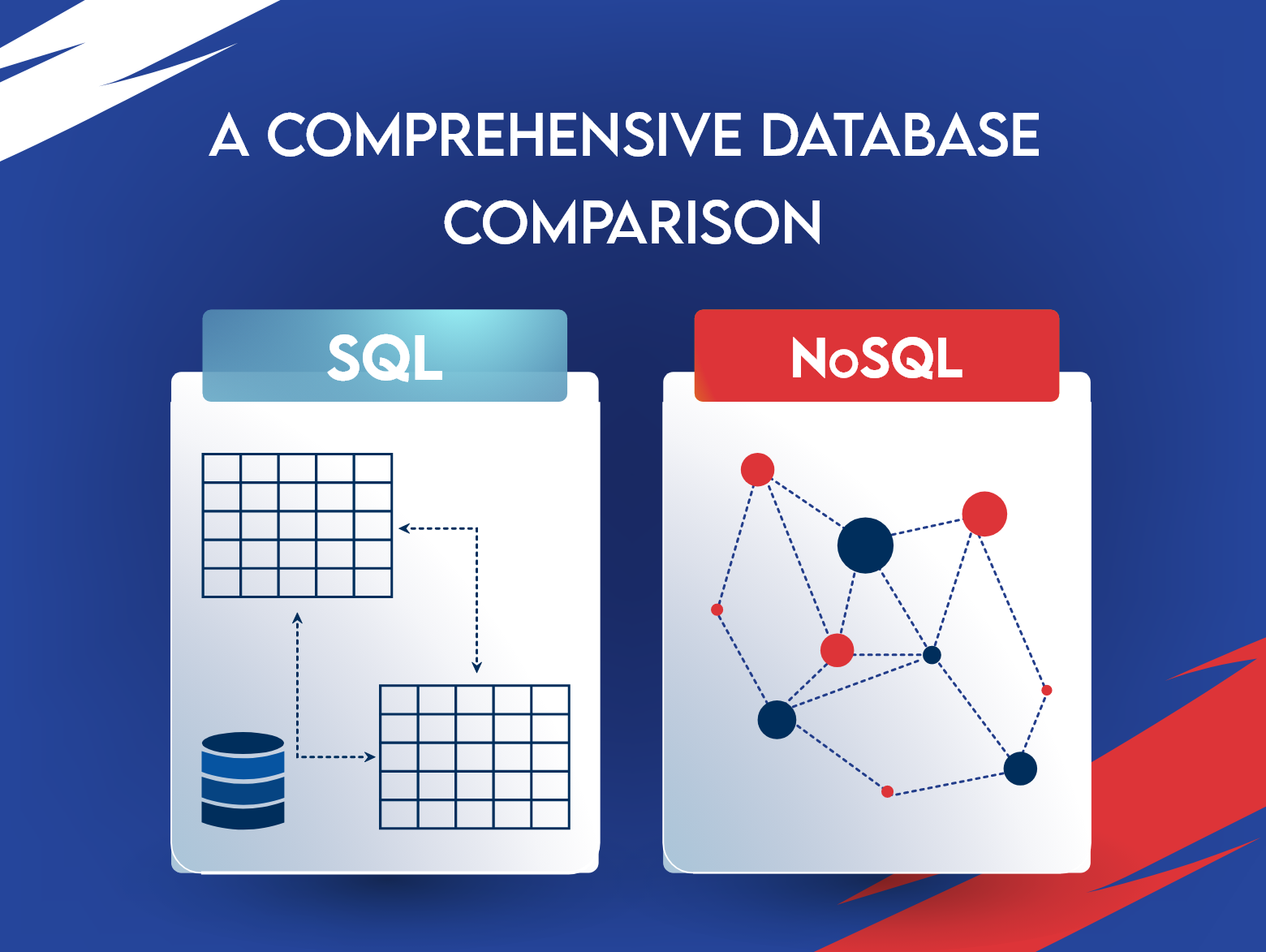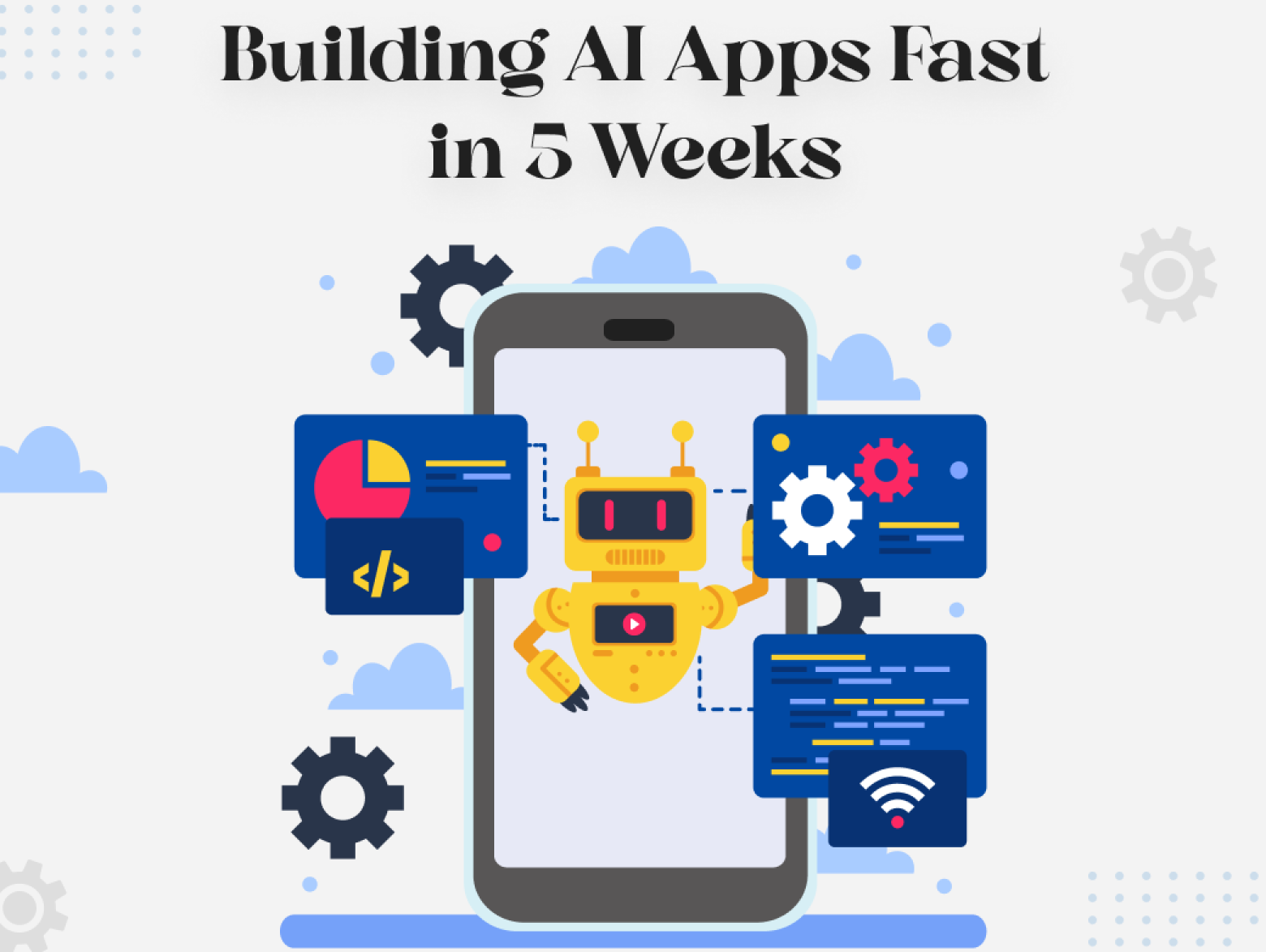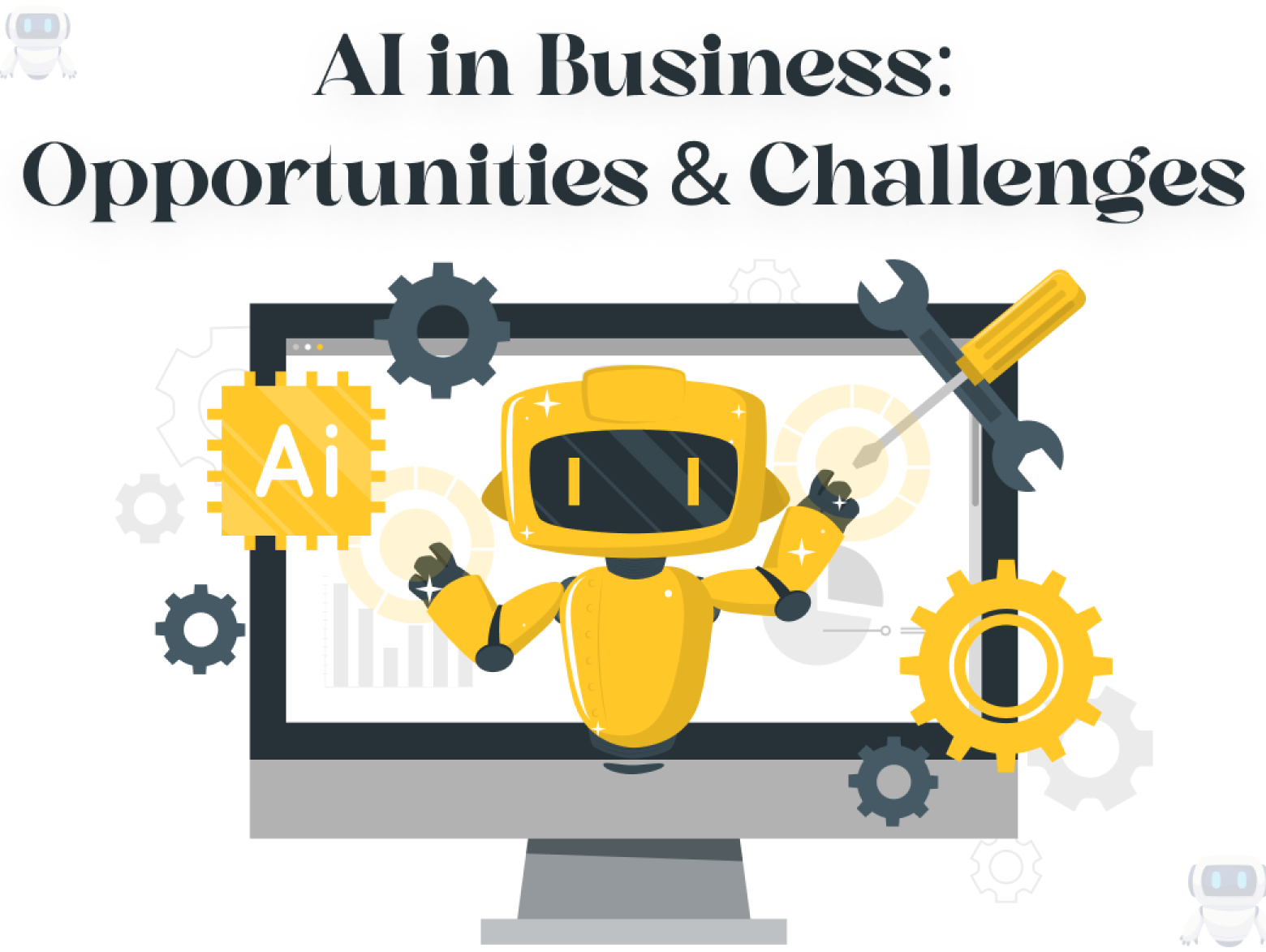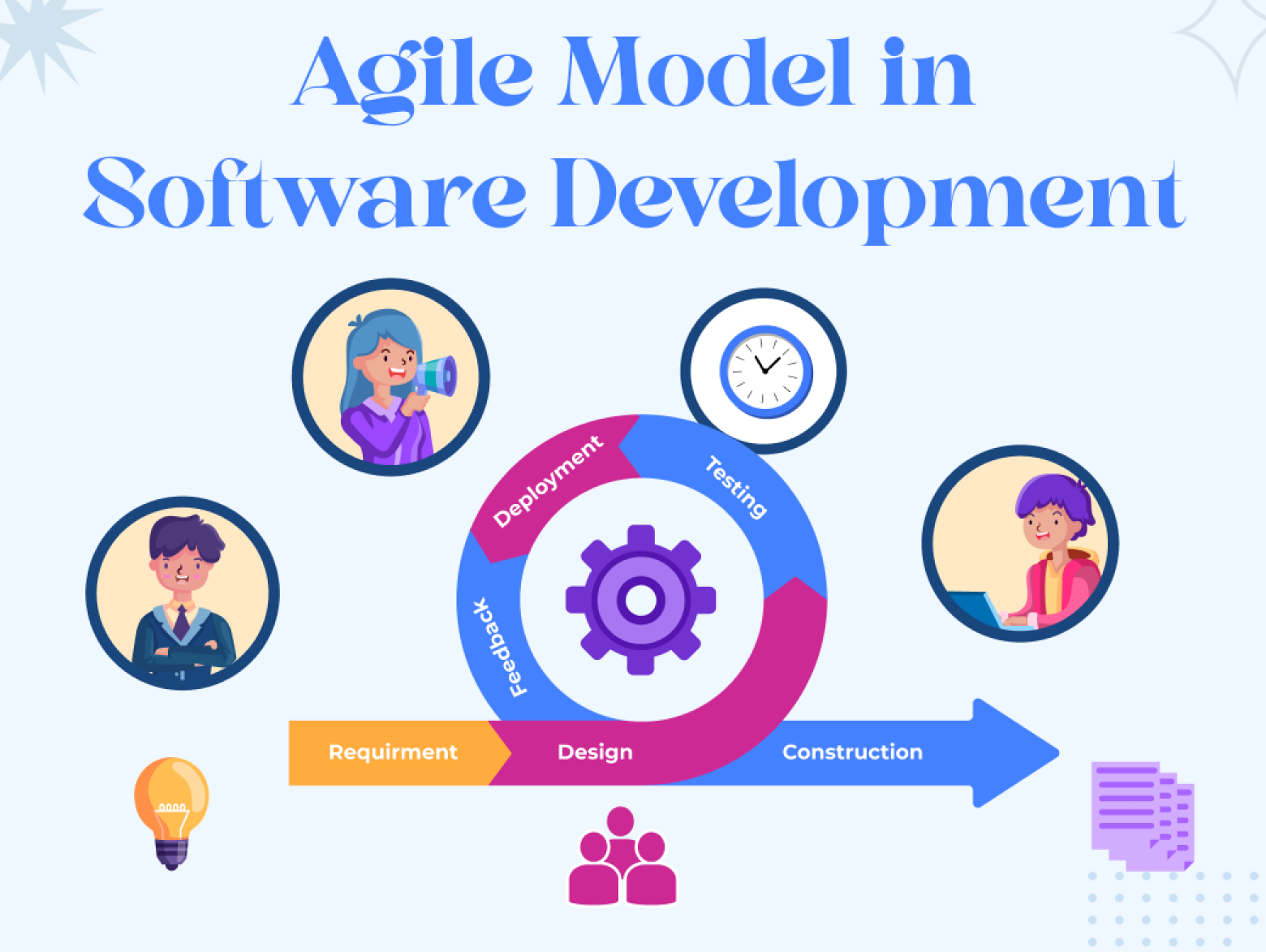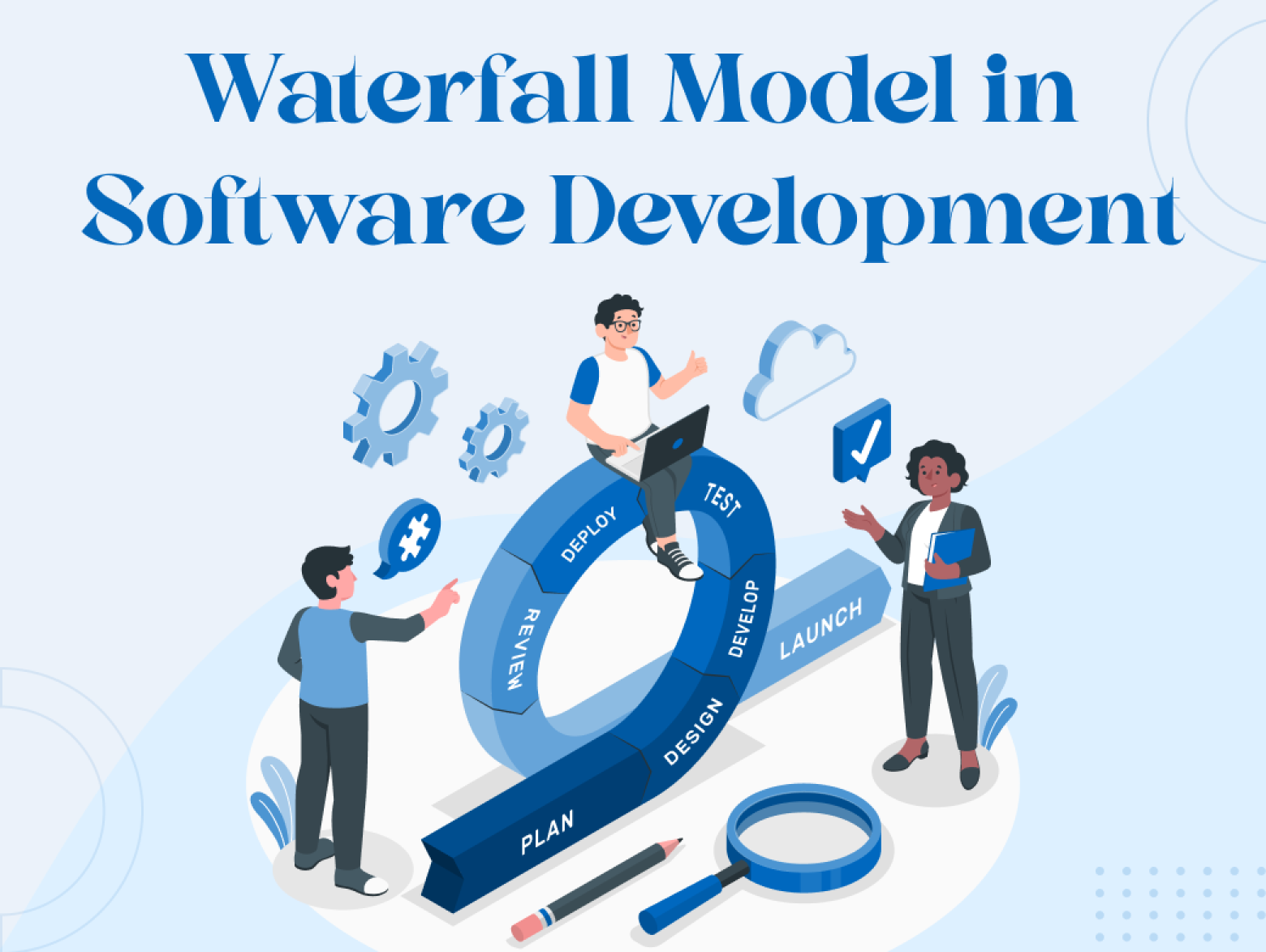In today’s fast-paced digital landscape, choosing the right data storage system is crucial for scalable and efficient performance. This blog explores the essential differences in the ongoing debate of SQL vs NoSQL databases, helping businesses make informed decisions aligned with their operational needs.
At AssortTech, our Cloud & API Solutions are designed with custom technology integration at their core. Whether you’re working with structured or unstructured data, our services enable seamless integration with both relational and non-relational databases to help you scale efficiently.

What is SQL?
SQL (Structured Query Language) is a specialized language used to interact with relational databases. It allows users to perform operations such as querying, inserting, updating, and deleting records. SQL databases follow a predefined schema and use tables with rows and columns to store data.
They support complex transactions, stored procedures, and data normalization techniques, making them ideal for industries like banking and e-commerce that require strict data integrity and structure.
What is NoSQL?
NoSQL (Not Only SQL) databases leverage non-relational data models like key-value stores, document databases, and graph databases. They offer enhanced flexibility, making them a good fit for rapidly changing data structures and diverse application needs.
NoSQL databases support horizontal scalability and unstructured data formats, which is why they’re commonly used in real-time analytics and social media platforms.

Key Features of SQL
- Structured schema with defined tables, rows, and columns
- Supports complex joins and query capabilities
- Ensures ACID compliance for data integrity
- Vertical scalability for growing workloads
- Best suited for predefined, consistent data models
Key Features of NoSQL
- Schema-less design for flexibility
- Data stored in collections, documents, or key-value pairs
- Built for high-performance and low-latency operations
- Horizontal scalability across distributed systems
- Perfect for unstructured or semi-structured data

SQL vs NoSQL Databases: Pros and Cons
SQL Database
Advantages
- High data integrity via ACID compliance
- Powerful and flexible query capabilities
- Well-established and widely supported technologies
Disadvantages
- Rigid schema; difficult to adapt
- Challenging horizontal scaling
- Potential for single point of failure in non-distributed engines
NoSQL Database
Advantages
- Exceptional scalability and performance
- Flexible data models that evolve easily
- Optimized for big data and real-time applications
Disadvantages
- Variable support for ACID properties
- Complex learning curve due to distributed architecture
- Limited query optimization
Examples: SQL vs NoSQL Databases
SQL Databases
- MySQL
- PostgreSQL
- Oracle
- SQL Server
NoSQL Databases
- MongoDB
- Redis
- CouchDB
- Cassandra
Use Cases & Suitability: SQL vs NoSQL Databases
A relational SQL database is best for applications requiring structured data and consistency, such as financial records, inventory systems, or CRM platforms.
A NoSQL database, on the other hand, excels in cases involving large volumes of diverse, evolving data—such as social networks, big data analytics, and real-time applications.
Whether your business needs a well-defined schema or the freedom to scale horizontally with dynamic datasets, the choice between SQL vs NoSQL databases should align with your data architecture and performance expectations.
Conclusion:
When deciding between SQL and NoSQL databases, businesses must consider their unique needs. SQL databases are ideal for structured data that requires high consistency and integrity, while NoSQL databases offer flexibility for rapidly evolving and unstructured data. Both technologies have their strengths and use cases, which is why understanding the differences is essential for making informed decisions.
For businesses looking to optimize their database architecture, integrating cloud infrastructure can provide an added layer of scalability and flexibility. Our Cloud & API Solutions at AssortTech, backed by custom technology integration expertise, ensure that both SQL and NoSQL databases can be seamlessly integrated into your infrastructure for optimal performance. For more insights on cloud infrastructure and how it can support your business growth, feel free to check out our Cloud infrastructure blog.

